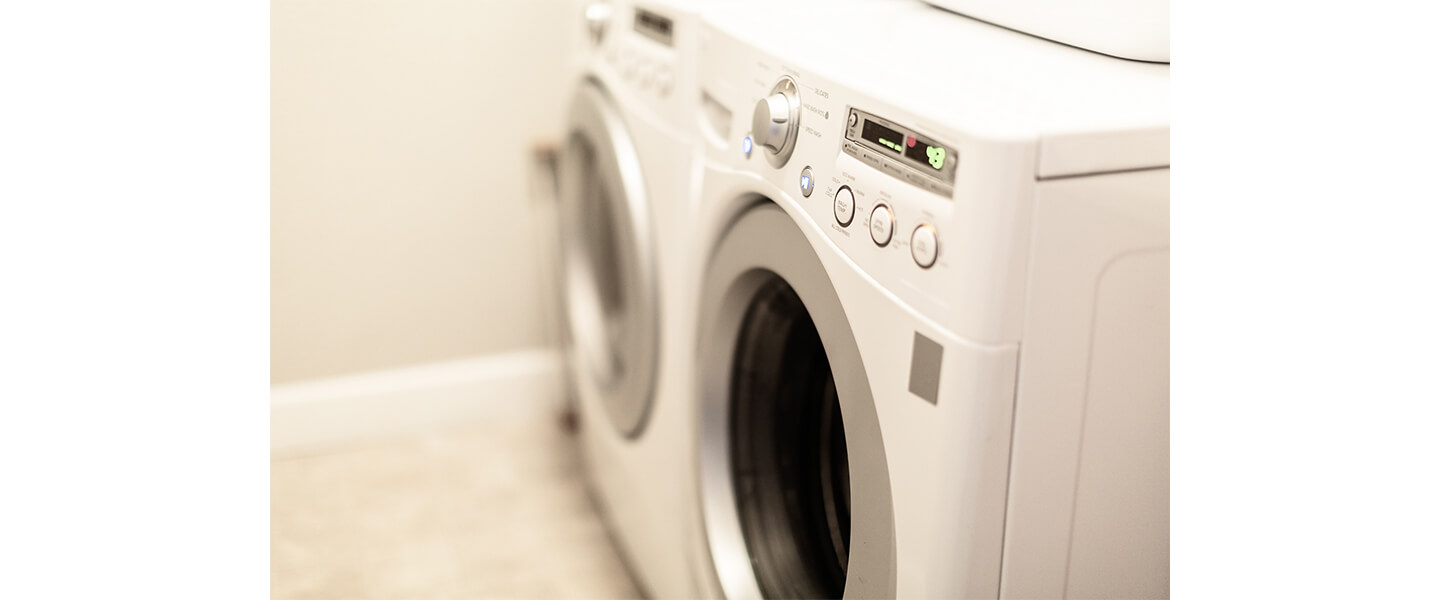
With advancements in technology and new energy standards, many new dryers are equipped with settings that enhance performance and features that increase functionality. Although the latest dryers will minimize energy usage and extend the lifespan of the fabrics we have, the process to selecting the right dryer can be a daunting one. Hence, here is what you need to know so that you can ultimately have a dryer that suits your needs and budget.
ELECTRIC OR GAS
The first decision is choosing to buy an electric or a gas dryer. If you do not have a natural gas supply to your home, the choice is clear – go for an electric dryer. However, if you do have a natural gas supply to your house, a gas dryer is highly recommended. Firstly, gas dryers take a shorter time to heat up compared to electric dryers, which means the job is done faster. Secondly, natural gas could be less costly than electricity depending on your local utility rates. Both types need proper ventilation to the outside, so take note to always follow the installation recommendations by the manufacturers.
SIZE IS IMPORTANT
When purchasing a dryer, many consumers would want to have sufficient space for the dryer’s door to swing open and a machine that has enough capacity to fill the household’s average sized load. Here are some pointers:
- For many clothes dryers, the typical width is 27 to 29 inches. If this is considered small for you, consider a stackable washer-dryer set.
- Getting a dryer that is twice the capacity of the washer will optimize the drying process, as heated air can circulate around the wet clothes more efficiently.
- If you often wash oversized or bulky items, it is ideal to get a dryer with a larger capacity.
INSTALLATION CONSIDERATIONS
The way you intend to install your dryer is dependent on the amount of space you have and the type of washer you have at home.
FEATURES YOU SHOULD HAVE
A moisture sensor will remove the possibility of over drying, which is damaging to your clothes. Dryers that have moisture sensors will shut down automatically once the load is dry. A dryer that continues running for 15 more minutes than required on each load will result in additional energy costs. If your dryer is located in a basement or a dimly lit corner, a brightly lit control panel will be useful so you do not have to squint. A noise dampening function will be useful if your machine is placed near to the main living area. Temperature controls can allow high quick dry for certain fabrics, and fluff for delicates.
ENERGY EFFICIENCY
Dryers can use a significant amount of energy and increase your electronic bill. If you are looking to save energy, go for a model that is energy star-qualified. Check the EnerGuide rating to find a suitable model. The lower the number, the lesser energy it takes up. When you are purchasing a brand new dryer that is energy star qualified, remember to keep in mind that you may be eligible for a rebate with your energy provider.


